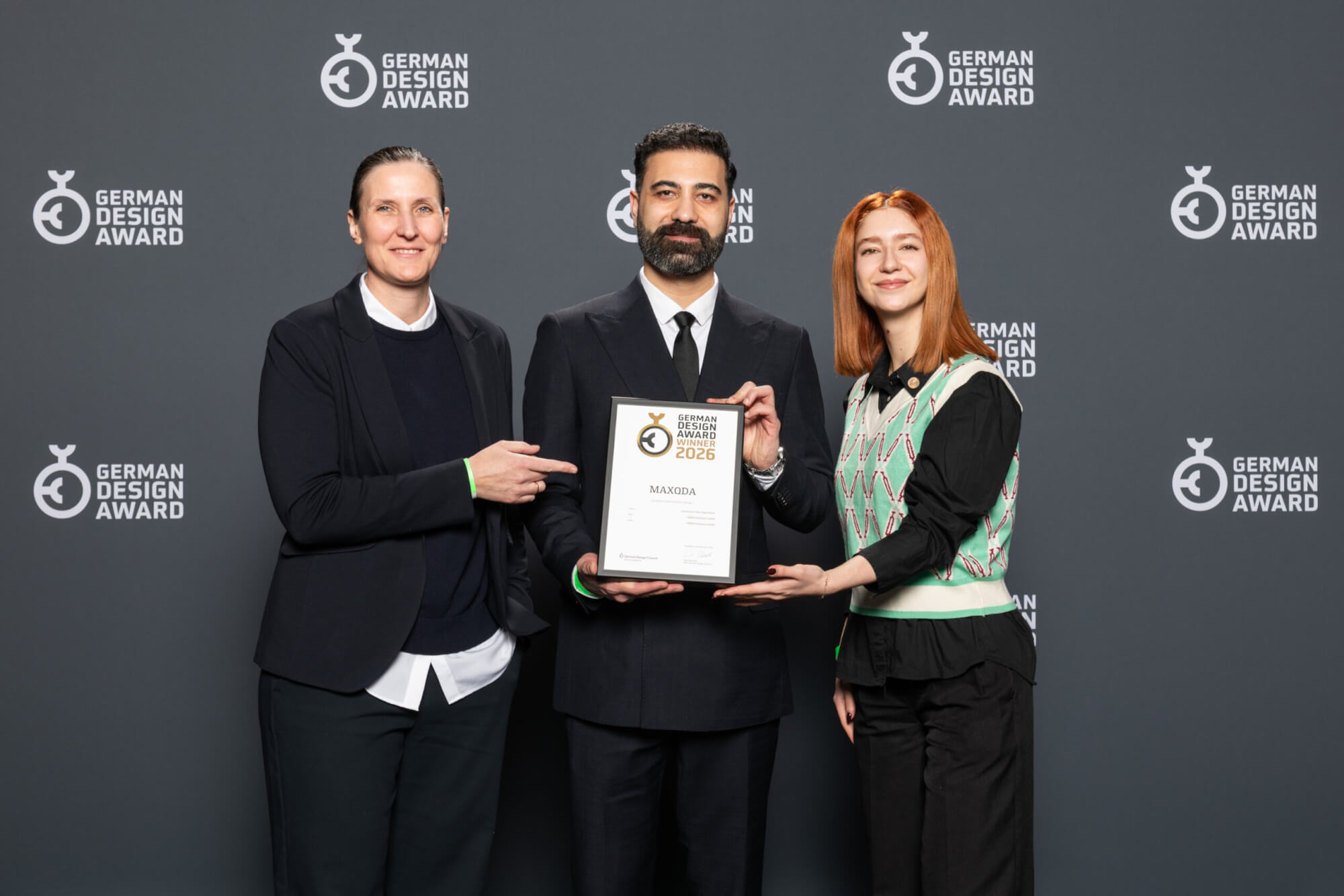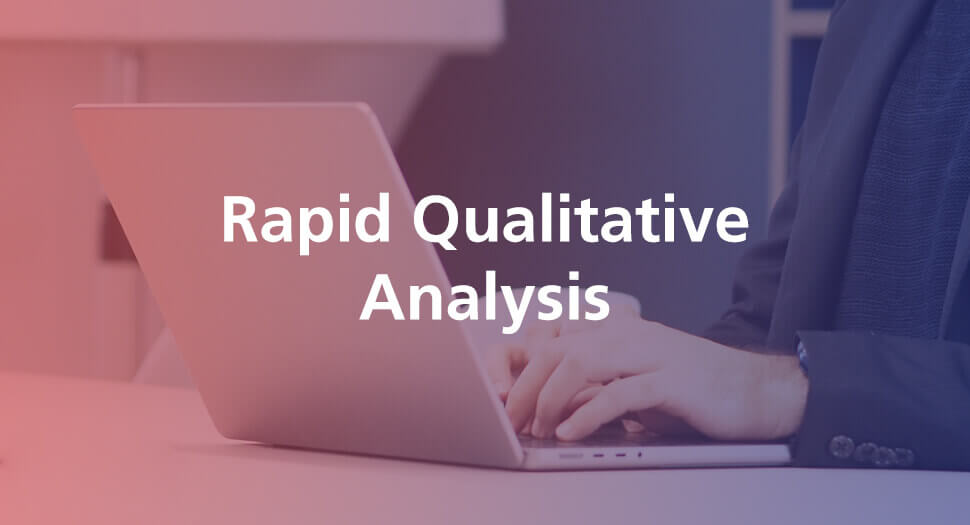Due to the high number of applications (and their exceptional quality) we received, the selection process was more difficult than ever. We were once again incredibly impressed by the diversity and creativity of the research proposals we received and could not be happier to support such wonderful students who are committed to contributing to the participatory empowerment of the communities they are researching with!
The MAXQDA Research Grants 2018 Selection Committee announces the four student-researchers who have been awarded this semester’s #ResearchforChange Grant:
Congratulations to the grant recipients and thank you to all the researchers who submitted applications from all over the world! We received more than double the number of applications this semester and more Bachelor and Master level researchers made the final rounds than in 2017.

In fact, the selection process was so competitive that we once again could not narrow down our selection to only three grant recipients, as was originally planned. This semester we have chosen to award four grants to support the following brilliant research projects:
Haitao Yu – “Place-based Organizing in Indigenous Communities”
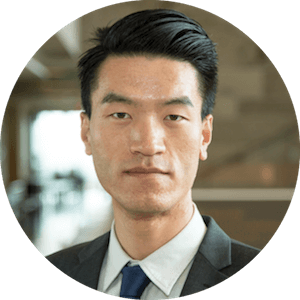
Haitao Yu is a PhD student of General Management in Sustainability at the Ivey Business School of Western University, Canada. His research project titled “Place-based Organizing in Indigenous Communities” has already begun with fieldwork in Tibet, and the next phase will take place this July and August in Argentina and Peru.
Yu has been working in the fields of sustainability and social entrepreneurship for the last decade. He also has a personal connection to his research topic having grown up on the Eastern border of the Tibetan Plateau, where indigenous communities are facing the challenges of adapting to modern economic conditions while preserving their traditional landscapes and culture.
His fieldwork is being conducted to examine how “place-based organizations, whose resources, actions, and ownership are situated locally, may be more likely to foster locally-beneficial sustainability outcomes.” Specifically, such community-engaged practices may serve as better avenues to facing unprecedented modern challenges, such as climate change and food security, in contrast to “late 20th-century global economic restructuring activities, including the outsourcing efforts of multinational companies to reduce cost, which have resulted in compromised working conditions, or waste disposal out of regulatory territories.”
With his Participant Action Research methods, Yu hopes to redirect conventional business practices and “develop new theories and tools that could guide companies and society to a positive direction” while engaging the participants in his study to co-conduct the research. To do so, his ethnographic study is working with local organizations’ management teams, employees, community members, suppliers, and customers that have “deep physical, cognitive, and spiritual connections between people and their place” through archival research, semi-structured interviews, informal discussions, and participant observation.
Yu has also already begun to organize and analyze his extremely large body of data with MAXQDA 2018 using a grounded theory approach. Using MAXQDA’s Transcription Mode, coding, memo, and visual tools, he will analyze the distribution of coded segments, visualize co-occurrences of codes, visualize code relationships, and generate conceptual models of place-based organizing in indigenous communities.
We are particularly impressed by Yu’s seamless integration of the concept of ‘place’ from Human Geography studies with the concept of ‘sustainability’ through a Business Management lens. In the age of globalization, his study on how communities retain their sense of place and can translate it into sustainable alternatives to harmful practices is, in our view, both a timely and immensely imperative investigation to undertake. We cannot wait to learn more about Yu’s findings and hope that you will join us in following his research journey in the MAXQDA Research Blog.
Jessica Penney – “Land Protectors’ Understandings of Health in Relation to the Muskrat Falls Project and Protests”

Jessica Penney is a MSc Global Health student at the University of Glasgow, UK. She is conducting her research project titled “Land Protectors’ Understandings of Health in Relation to the Muskrat Falls Project and Protests” throughout the summer of 2018 in Happy Valley-Goose Bay, Canada.
Penney’s study engages a community of people who have formed a grassroots organization called the Labrador Land Protectors who have been protesting the construction of a “hydroelectric dam that is likely to increase their exposure to methylmercury through their food system”. Specifically, Penney’s study “aims to understand how Land Protectors’ understandings of their health is impacted by the perceived threat of the hydroelectric project, as well as the protests they have undertaken. It will: verify how the Muskrat Falls project threatens Labrador-specific conceptions of health and wellness; determine which health concerns led local citizens to protest; and seek to understand the mechanisms used by protesters and how they relate to health promotion.”
Penney herself is from a small Inuit community in Iqaluit, Nunavut, that is isolated due to its location in the Canadian Arctic. She writes that, “Inuit in Canada face some of the highest levels of health inequality in the world” and that the social and health issues her community faces have motivated her to study its needs in a respectful and inclusive way that can lead to solutions to help rectify the inequalities it is facing. Her research results can be used by both policymakers and community organizers to understand how best to support local people experiencing health issues not only in relation to this hydroelectric dam in Canada specifically but also in relation to other development projects throughout the world.
To conduct her fieldwork, Penney will be using Indigenous Research Methods (IRM) that include semi-structured interviews, focus groups, and surveys. She states that she chose this approach because, “IRM takes a relational ontology and epistemology, building respectful relationships with participants. For example, part of this relationality will include all participants being given a handmade token of appreciation.”
With this focus, she will also use an Indigenous feminist perspective as a theoretical framework to guide her analysis with MAXQDA 2018. The Analytics Pro license she has received through the #ResearchforChange Grant will be a perfect companion for her mixed methods study because it contains both the MAXDictio and Stats features alongside the tools for her transcription and thematic data organization needs.
Penney is the first non-PhD level student to receive a MAXQDA Research Grant and we could not be more pleased to be a part of her research journey. Her clear and focused research questions, attention to the detail when working on Indigenous land, and commitment to responsible research that promotes societal transformation embodies our goal of encouraging accountable data collection and self-reflective work products. We can’t wait to hear more about how she will use the grant and share her updates with you soon!
Aivaras Jefanovas – “Investigation of sociocultural relationships between humans and animals among Siberian reindeer herders and hunters”
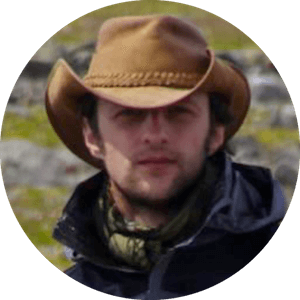
Aivaras Jefanovas is a PhD student in Ethnology at Vilnius University, Lithuania. His research project titled “Investigation of sociocultural relationships between humans and animals among Siberian reindeer herders and hunters” began in March 2018 in the Sakha Republic, Russia.
With his background as an ecologist, Jefanovas has decided to continue his studies in anthropology, focusing on human-animal relationships. He is currently working with an Even reindeer herder community (formerly called Lamuts) in the Sakha Republic, located in Russia’s Far Eastern Federal District, a territory known for its severe climate. The extreme temperatures are, however, not a deterrent for Jefanovas, who writes, “I believe that the chance to face and understand indigenous cosmology and primordial-like relationships between humans and nature is an invaluable treasure for ethnographic sciences. This feeling gives me a strong aspiration and willingness to carry out my research in remote, distant, and often harsh environments.”
Jefanovas has joined an Even society as a participant observer and explains that the Even have particularly strong connections with animals. He states that “being an Even means to follow a traditional way of life, the whole Even community depends on reindeer. Reindeer for the Even mean more than food, transport, fur, clothes, and economics, they are a symbol, the identity of a nation.” He is also hoping to capture and record features of the social relationships between the local people and wildlife, such as bears, wolves, lynx, and eagles.
Jefanovas is therefore living with hunters and herders during his fieldwork period in order to better conduct informal interviews and collect the community members’ oral histories. Visual ethnography methods also play a major role in his research; during his stay in the hunters’ village, Jefanovas is collecting photographic and video materials as well as drawing sketches of camping areas to best describe how herders inhabit and organize their dwelling space.
The analysis of his research will be based on an inductive approach (e.g. grounded theory). Based on the collected data, Jefanovas will try to answer such questions as how subsistence economy depends on the Even peoples’ relationship with animals, and what kind of everyday practices and strategies are used by Even to protect reindeer herds from large predator (wolves, bears) attacks. Jefanovas with use MAXQDA 2018 to organize and analyze his data. His interviews, field notes, memos, and multimedia data will be entered into MAXQDA, where it will be coded and categorized in order to find patterns and extract meaning. Jefanovas already has some experience with MAXQDA and expects to run what he calls a deep field analysis, using logic functions, combinations, and text retrieval options to find intersections and overlaps in his data.
We are particularly impressed by Jefanovas’ commitment to conducting community-engaged research with both immense interest and respect for the local Even community he is working with. As his project is already underway, his preliminary findings are already being shared with the local inhabitants through presentations in local schools, children’s educational establishments, community meetings, and cultural events. You will also soon be able to learn more about his process and results from his fieldwork diary entries in this blog!
Melinda González – “Rhyming Thru Disaster: Community Organizing in Puerto Rican Poetic Spaces after Hurricane Maria”
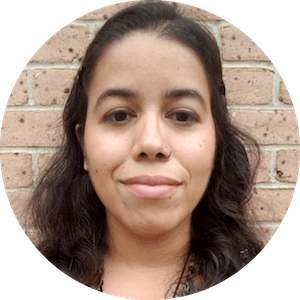
Melinda González is a PhD student in Geography and Anthropology on a Cultural Anthropology Track at Louisiana State University, USA. Her research project titled “Rhyming Thru Disaster: Community Organizing in Puerto Rican Poetic Spaces after Hurricane Maria” begins July 2018 in Puerto Rico and New York.
González’s dissertation is based on her “lifelong engagement with Puerto Rican politics as a member of the Puerto Rican diaspora as well as over 10 years of participation in the New York City poetry scene”. It combines two research topics that one wouldn’t expect to see in the same context: modern poetry and the effects of Hurricane Maria. This research project sheds new light on both of these topics with an absolutely fresh perspective, in order to answer the question, “How do people use art to create a community and respond to crisis?”
González’s fieldwork is taking place in Puerto Rico and in New York, among the Puerto Rican diaspora community. Along with archival research, semi-structured interviews and oral history collection, González will conduct ethnographic fieldwork at poetry performances, including participant observation at eight poetic spaces. She writes that she chose these methods because, “I want to include the actual voices of the poets and the sounds of the spaces that I am working with in order to immerse the reader in the experiences of poetic spaces.”
González will use MAXQDA 2018’s Transcription Mode and Twitter Analysis functions alongside her coding work. Her research analysis methodologies include narrative and performance analyses, multi-modial discourse analysis, and a grounded theory approach to the concepts of non-sovereign scholarship, imagined citizenship, and grassroots artistic social movements. Her digital ethnography methods are also particularly interesting: throughout her fieldwork phase, González will work with various hashtags, such as #PoetsforPuertoRico, #Maria, and #UnidosporPR to collect information from the online community as well.
We were particularly impressed by González’s creative approach to an extremely current and important topic, as well as her commitment to spreading awareness about her community through their own experiences. She writes that, “Research for Change, to me, is research that addresses social inequality and marginality while amplifying the voices of research participants … this research aims at making academia more legible and accessible to ordinary people.”
Alongside the dissertation, articles, and project report that she will be producing, González also plans to donate the archived photos, artwork, lyrics, and poetry she gathers to El Centro de Estudios Puertorriqueños at Hunter College and the University of Puerto Rico to facilitate future study. You, too, will be able to gain insights into these artistic expressions through González’s fieldwork diary entries that will be featured here this fall.
Stay tuned for the fieldwork diary entries of these talented researchers!
Just like the 2017 grant recipients, you will be able to follow each of these research journeys – all the way from data gathering to analysis with MAXQDA 2018 Analytics Pro right here in the MAXQDA Research Blog!
You can also see the grant recipients’ fieldwork photographs on our MAXQDA social media platforms (![]() @VerbiSoftware
@VerbiSoftware ![]() @MAXQDA) and search posts about this semester’s grant using the hashtags #ResearchforChange and #MAXQDAResearchGrants.
@MAXQDA) and search posts about this semester’s grant using the hashtags #ResearchforChange and #MAXQDAResearchGrants.

